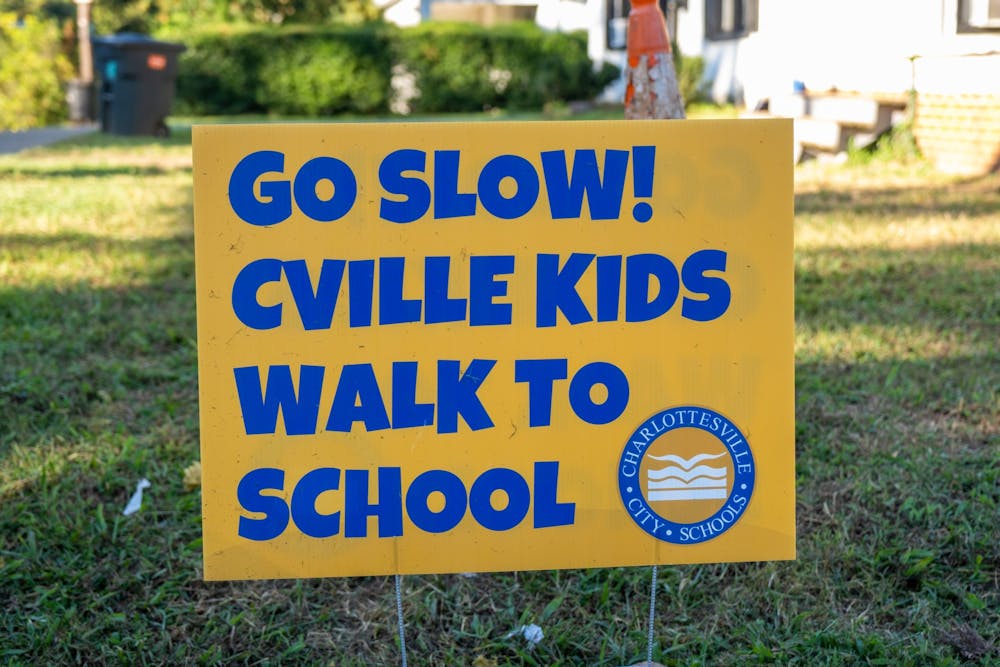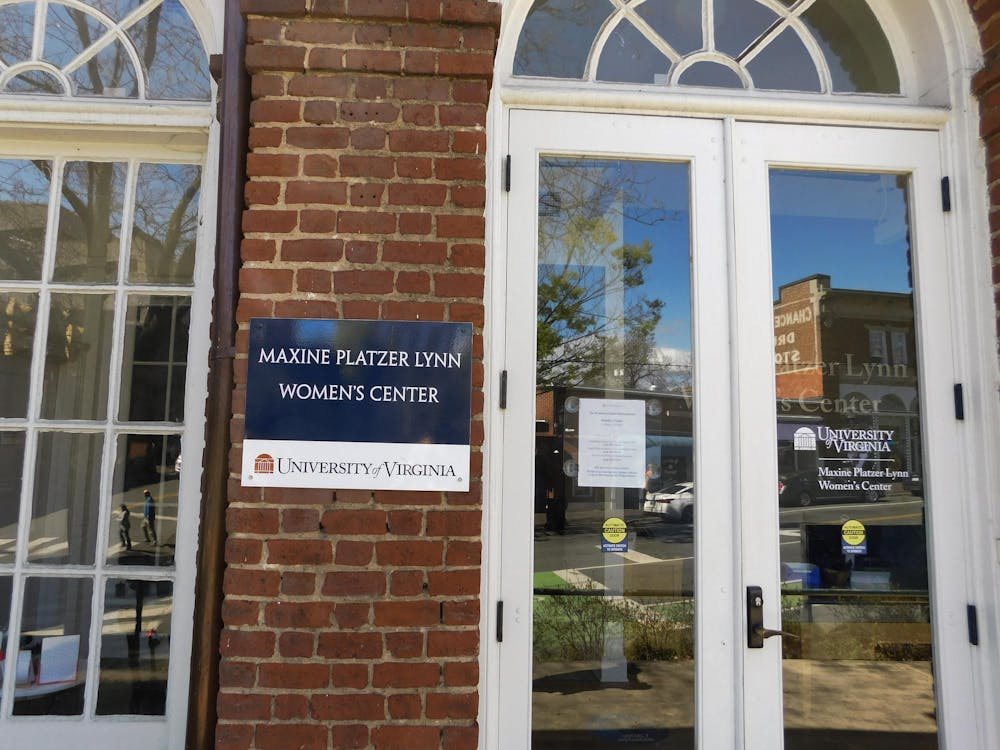As the school year begins in full force, Charlottesville residents have likely noticed an increase in children walking to school in the mornings and back home in the afternoons. Local school systems have struggled to fill bus driver positions for years, but the start of this semester marks a dramatic decrease in staff — currently, only six drivers serve approximately 4,500 students in the Charlottesville City School System. While administrators search to fill empty positions, schools have expanded walk zones and are encouraging families to consider options such as biking or public transportation.
As of Aug. 9, around 1200 Charlottesville students reported walking to school, with only 900 using buses. 800 additional students have indicated that they would use buses if services were available.
The system has expanded “walk zones” — elementary students living within a 20-minute walk of their school and high school students living within a 30-minute walk no longer receive bus services.
To support walkers, the district is looking to provide bikes and supplies such as raincoats and umbrellas, and the Charlottesville School Board has hired more crossing guards.
According to Amanda Korman, community relations liaison for Charlottesville City Schools, prior to this year’s expansions, Charlottesville held some of the shortest walk zones in the country. As schools across the country have dealt with driver shortages in the past decade, Charlottesville looked to other region’s larger walk zones as a solution.
“We call it the walk zone, but we also call it the family responsibility zone, because we're not saying kids in this area have to walk,” Korman said. “We're just saying you're not eligible for bus service.”
Korman said that the school system has met with parents to discuss other creative solutions. In one new program, called the “walking school bus,” staff members carrying a large umbrella meet in West Haven and Friendship Court to lead groups of students to school.
“We've really been in communication with families and community members about how they were feeling and what they needed to feel safe with their student doing something different than getting on the bus,” Korman said.
While this year’s shortages have created a noticeable change in student’s paths to school, local systems have struggled to fill bus driver positions for several years running, and Charlottesville is not the only local area struggling to meet need. In 2018, Albemarle Public Schools lost eight drivers over the summer, forcing many of the remaining staff to cover double routes.
Phil Giaramita, communications officer for Albemarle County Public Schools, explained that although the lack of drivers has remained a consistent issue, this year — with 20 routes uncovered — stands out due to the lasting impact of the pandemic combined with hiring competition in a strong economy.
“When the local economy is strong as it is now, there are lots of companies and businesses that we compete with for part-time talent,” Giaramita said. “And we haven't really recovered from the drivers who left when COVID-19 was was more prevalent.”
Because the county system covers a larger geographic area than the city system, expanding walk zones has not been a feasible solution in Albemarle. Instead, drivers now cover double or even triple routes, looping back to pick up more students after completing a drop off — a process that results in many students arriving late to school.
“A number of kids each day are going to be getting to school late — [a] half hour late, an hour late, sometimes even longer,” Giaramita said. “It's one of those difficult choices where we've made the choice that we're not going to eliminate [the] service.”
The driver shortage has also affected student-led groups that work with elementary school students, such as the University’s College Mentors for Kids program. The organization pairs local students with University volunteers who provide tutoring and support for the children, using private transportation to allow mentees access to resources on-Grounds.
Kennedy Wilkins, vice president of programming and fourth-year Education student, visited Clark Elementary School — part of the Charlottesville City system — last week to promote CMK and said that she noticed higher numbers of students walking or biking home compared to previous years.
“It's very hectic when school is out,” Wilkins said. “And so even when I can secure a private organization bus, I'm gonna have to be very strategic in where I tell them that they're allowed to pick the kids up.”
Seeking more drivers, the Albemarle system recently added a $2,500 hiring bonus and is considering increasing pay.
Most drivers work a morning pick up and afternoon drop-off shift, which creates a difficult schedule for those looking to pick up other part-time jobs. Giaramita said that the Albemarle system plans to convert some of these positions into higher paying, full-time jobs by offering additional tasks throughout the day.
In the meantime, “C-Ville Students Walk to School” signs scattered across the city remind locals to remain on high alert for the heightened levels of pedestrians.
Wilkins said that she hopes that her program can run smoothly despite the chaos of after school departures and worries for the safety of students.
“The elementary school is filled with parents trying to take her kids or kids walking and so it's a hazardous area because there's just a free-for-all,” Wilkins said.
The Albemarle system will soon add four additional drivers once they complete their training courses. Giaramita also noted that the first few weeks of school typically prove most challenging, and once administrators have a more accurate count of students reliably using school transportation, they can reevaluate to consolidate routes.
The Charlottesville system also anticipates the addition of new drivers once they finish training, but Korman said that the city’s expanded walk zones are here to stay.
“It’s part of a community transformation that we’re investing in, and the community is really responding to knowing that supporting walking and improved public transportation infrastructure is better for everybody,” Korman said.






